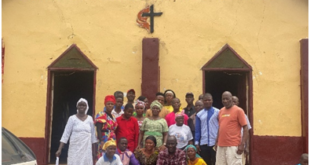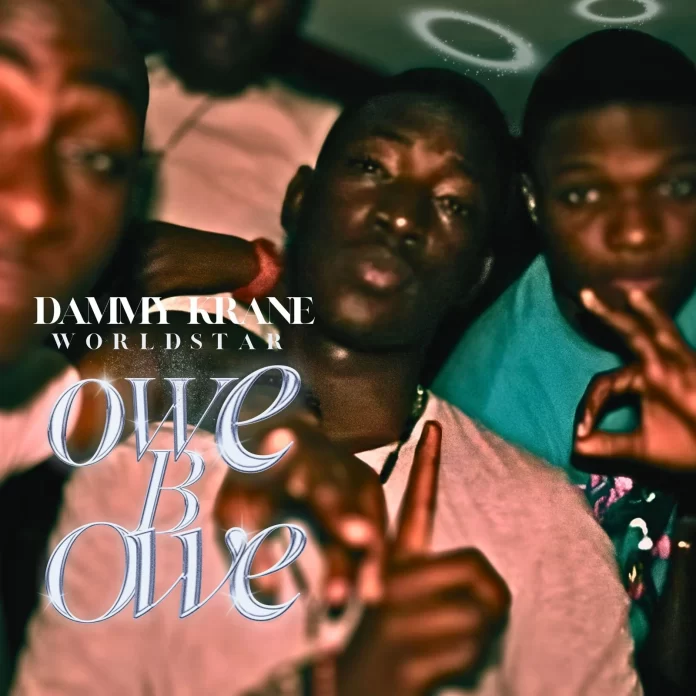The Government of Liberia and its development partners held a high-level retreat on Thursday, April 18, to realign their strategies and reinforce coordination for the successful implementation of the country’s National Development Plan, the Arrest Agenda for Inclusive Development (AAID).
By Lewis S. Teh
The retreat, dubbed the Government-Development Partners Retreat (G-DPR), is being held at the Ministerial Complex in Congo Town under the theme “Strengthening Partnerships for the Implementation of Liberia’s National Plan.”
The forum brings together senior government officials, heads of diplomatic missions, international development agencies, civil society actors, and the private sector.
The retreat provided a platform for the government to present the priorities and implementation status of the ARREST Agenda, which focuses on Agriculture, Roads, Rule of Law, Education, Sanitation, and Tourism. Development partners, in turn, provided feedback and discussed how their support could align more closely with the government’s priorities.
Delivering the welcome address and overview of the retreat at the EJS Ministerial Complex in oldest Congo Tow,n Finance and Development Planning Minister Augustine Kpehe Ngafuan painted a vivid picture of both the ambition and the challenges facing the Boakai administration’s national agenda.
“On January 15, 2025, we gathered in the beautiful city of Buchanan, Grand Bassa County, where His Excellency President Joseph Nyuma Boakai formally launched the Arrest Agenda and the 15 County Development Agendas,” Ngafuan recalled. “This agenda encapsulates the ambitions of the Liberian people for development.”
However, the Minister disclosed that just weeks after the launch, Liberia’s development momentum was hit by a major setback: the unexpected withdrawal of support from one of its biggest donors.
“Nearly all projects supported by USAID, our second-largest donor, have been cancelled, except for two,” he revealed. “The total cost of the cancelled projects could be upwards of $300 million, which has brought a level of unpredictability to our planning.”
Ngafuan acknowledged that the entire landscape of official development assistance is shifting, with many partners “backpedaling” due to internal financial pressures. Still, he affirmed Liberia’s commitment to driving the AAID forward, despite the headwinds.
“The cost of implementing the Arrest Agenda is estimated at $8.38 billion, covering more than 370 critical interventions across all sectors,” he said.
“From infrastructure to water, we are moving with speed, vim, and vigor.” He cited specific goals such as reducing multidimensional poverty from 45% to 36% and increasing GDP per capita from $850 to $1,050 by 2029—an important threshold to move Liberia into a lower-middle-income category.
Ngafuan emphasized that the government is proactively responding to the global shift by enhancing domestic resource mobilization and minimizing waste.
“We are rationalizing expenditure, reducing leakages and abuse, and digitizing processes to increase efficiency,” he said.
He also highlighted Liberia’s renewed focus on regional integration as a strategic path toward economic resilience.
“Whether it’s through ECOWAS, the African Union, or other mechanisms, we’re taking regional cooperation more seriously than ever before,” he noted. “We’ve realized we’re less integrated with our neighbors than with countries outside the continent.”
As the retreat opened, Ngafuan called on development partners to engage in “frank conversations” and provide innovative solutions to help Liberia stay on course with its development vision.
“We have not come here in retreat, but to plan. We don’t have all the answers, but we know that together, we can generate ideas that will sustain the momentum of the Arrest Agenda,” he said.
Also speaking at the opening was Madam Christine N. Umutoni, the United Nations Resident Coordinator to Liberia, who praised the government for its leadership in launching the AAID and acknowledged the shifting financial terrain globally.
“This retreat is an opportunity to engage in deep dialogue on how to strengthen partnerships,” she said. “We must align our efforts to support Liberia’s national plan directly—through program budgeting, private sector engagement, civil society, and international partners.”
Madam Umutoni pointed to the importance of innovative financing and unlocking domestic potential, including through the private sector and Liberians in the diaspora.
“The private sector is not merely a participant in development; it is a catalyst for innovation, growth, and job creation,” she stressed.
“Our diaspora carries invaluable knowledge and financial resources that can help shape Liberia’s future.”
She also praised the government’s willingness to embrace dynamic and adaptive strategies.
“The challenges we face are complex and multifaceted; our responses must be equally dynamic. We must be willing to adapt, innovate, and explore alternative financing mechanisms,” Umutoni said.
The UN envoy commended ongoing policy dialogues between the government and international partners, including the recent March briefing by the Ministry of Finance, which focused on the evolving global financial environment.
The retreat is expected to produce actionable outcomes, including alignment of national budgets with the AAID, improved coordination frameworks, and stronger accountability mechanisms between government and partners.
“We are going to take notes,” Ngafuan concluded. “There may be a need to readjust, downgrade, or upgrade some areas. But one thing is certain, the Arrest Agenda will not sit on the shelf. We are serious about implementation.” Edited by Othello B. Garblah
 JamzNG Latest News, Gist, Entertainment in Nigeria
JamzNG Latest News, Gist, Entertainment in Nigeria









